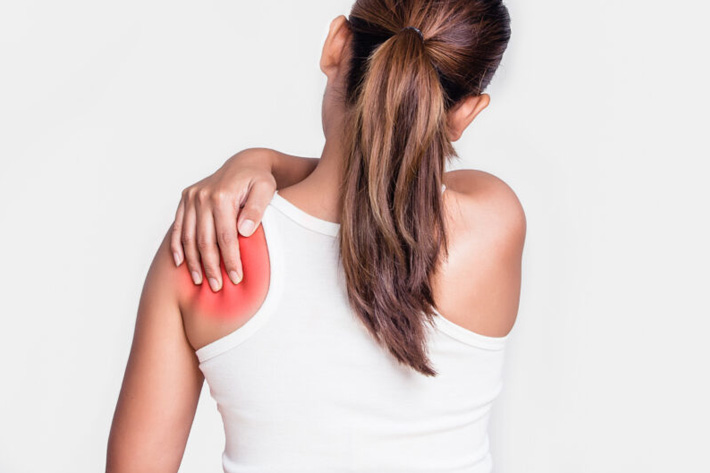The rotator cuff is a group of muscles and tendons that surround the shoulder joint and help stabilize and move the shoulder. Rotator cuff injuries are common and can range from mild inflammation to
severe tears in the tendons. Treatment for rotator cuff
injuries depends on the severity and can include both conservative (non-surgical) and surgical approaches.
1. Conservative Treatment:
- Rest: Avoid activities that cause pain and overuse of the shoulder.
- Ice and heat therapy: Applying ice packs or heat pads can help reduce pain and inflammation.
- Pain management: Over-the-counter nonsteroidal anti-inflammatory drugs (NSAIDs), such as ibuprofen, can help relieve pain and reduce inflammation.
- Physical therapy: A physical therapist can provide exercises and stretches to improve shoulder strength, flexibility, and range of motion. They may also use techniques like ultrasound or electrical stimulation.
- Corticosteroid injections: In some cases, a doctor may recommend injecting corticosteroids into the shoulder joint to reduce inflammation and pain.
2. Surgical Treatment:
If conservative treatments do not provide relief or if the rotator cuff tear is severe, surgery may be necessary. Surgical options include:
- Arthroscopy: This minimally invasive procedure involves using small incisions and a tiny camera (arthroscope) to repair the torn tendons with sutures or anchors.
- Open repair: In more complex cases or large tears, an open surgical approach may be required. The surgeon makes a larger incision to access and repair the rotator cuff.
Post-treatment and Rehabilitation:
Following surgical or conservative treatment, rehabilitation is crucial for recovery. This typically
involves a combination of:
- Physical therapy: A structured program to strengthen the rotator cuff and surrounding muscles, improve range of motion, and restore functional abilities.
- Gradual return to activities: The rehabilitation process focuses on gradually increasing the intensity of activities and sports to prevent re-injury.
It’s important to consult with a healthcare professional, such as an orthopedic specialist or a physical therapist, to evaluate the severity of the injury and determine the most appropriate treatment plan for your specific situation.





